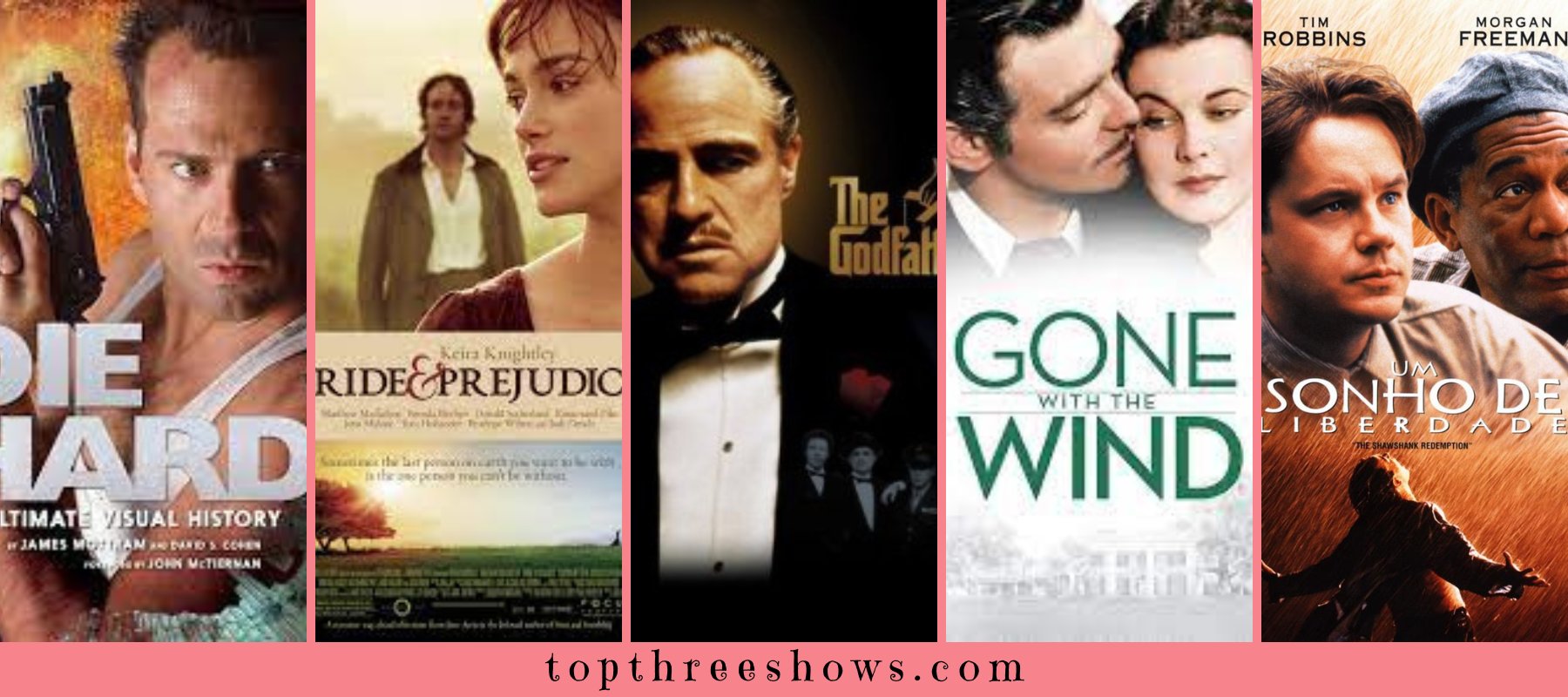In the ever-evolving world of cinema, certain films have stood the test of time, transcending generations and leaving an indelible impact on viewers. These classic English movies are more than just films; they are cultural landmarks, each holding a unique place in the hearts of audiences across the globe. From gripping dramas to heartwarming romances and pulse-pounding thrillers, these cinematic gems have shaped the very essence of storytelling and continue to inspire filmmakers to this day.
In this blog post, we invite you on a captivating journey through the annals of film history, as we delve into some of the must-watch classic English movies that have shaped the very fabric of cinema. Each of these films carries its own distinctive charm and narrative brilliance, offering a glimpse into the artistic brilliance of celebrated directors and the remarkable performances of legendary actors.
Join us as we traverse through the emotional landscapes of “Casablanca,” immerse ourselves in the magic of “The Wizard of Oz,” and experience the timeless love story of “Gone with the Wind.” We will explore the iconic characters of “To Kill a Mockingbird” and the mind-bending mystery of “Psycho,” discovering how these films have left an indelible mark on popular culture.
From the golden era of Hollywood to the emergence of groundbreaking contemporary classics, these films have transcended time, continuing to captivate audiences of all ages. So, grab some popcorn, settle into your favorite armchair, and embark on a nostalgic journey that celebrates the artistry, passion, and everlasting appeal of classic English cinema.
Classic English Movies
- The Shawshank Redemption (1994)
- Citizen Kane (1941)
- The Godfather Trilogy (1972-1990)
- Psycho (1960)
- To Kill a Mockingbird (1962)
- Schindler’s List (1993)
- Jurassic Park (1993)
- It’s a Wonderful Life (1946)
- Gone with the Wind (1939)
- E.T. the Extra-Terrestrial (1982)
- Pulp Fiction (1994)
- The Silence of the Lambs (1991)
- The Wizard of Oz (1939)
- A Clockwork Orange (1971)
- Casablanca (1942)
- Titanic (1997)
- Pride and Prejudice (2005)
- Lawrence of Arabia (1962)
- The Terminator (1984)
- Breakfast at Tiffany’s (1961)
- The English Patient (1996)
- Wuthering Heights (1939)
- Die Hard (1988)
- Forrest Gump (1994)
- Ben-Hur (1959)
1) The Shawshank Redemption (1994)
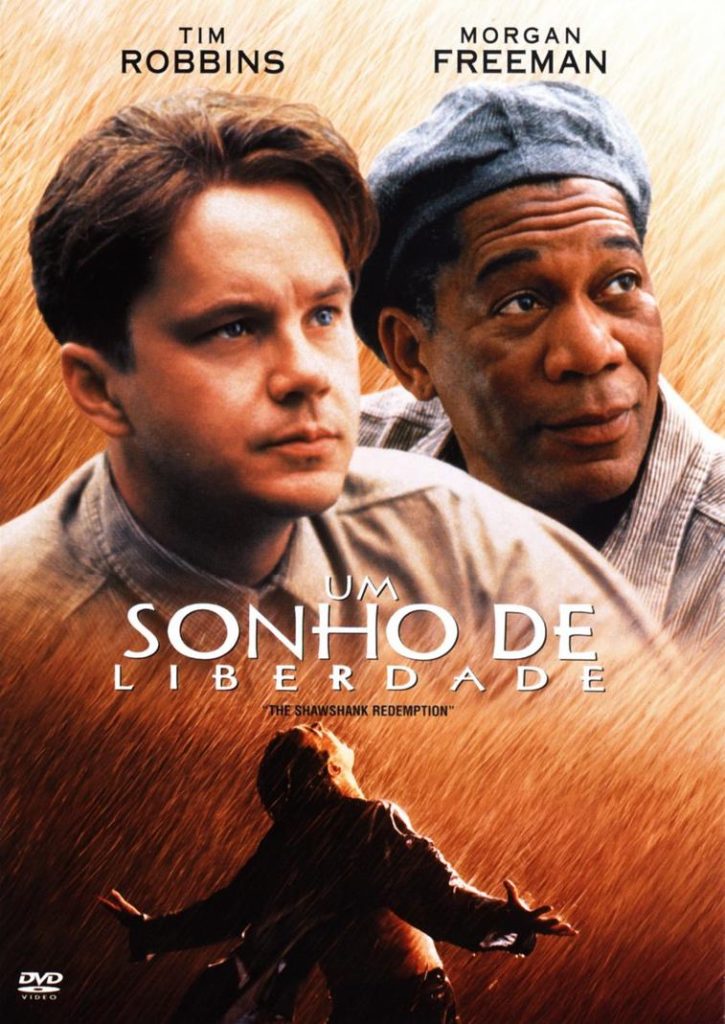
“The Shawshank Redemption,” directed by Frank Darabont and released in 1994, is a powerful and enduring cinematic masterpiece. Adapted from Stephen King’s novella “Rita Hayworth and Shawshank Redemption,” the film revolves around the poignant story of Andy Dufresne (Tim Robbins), a banker wrongly convicted of murder. Set in the harsh confines of Shawshank State Penitentiary, the movie beautifully captures themes of hope, friendship, and redemption amidst the brutality of prison life. With stellar performances by Robbins and Morgan Freeman, who portrays fellow inmate Ellis “Red” Redding, the film has touched hearts worldwide and continues to be revered as a true classic in cinema history.
2) Citizen Kane (1941)
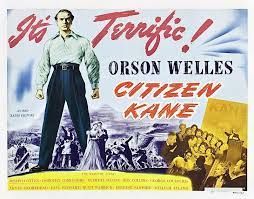
“Citizen Kane,” directed by Orson Welles in 1941, is a groundbreaking and influential masterpiece in cinema history. Often regarded as one of the greatest films ever made, it follows the life of Charles Foster Kane (played by Orson Welles), a media tycoon whose rise to power and subsequent decline is explored through a series of flashbacks and investigations after his death. Known for its innovative storytelling techniques, striking cinematography, and powerful performances, the film delves into themes of ambition, wealth, and the complexities of human nature. “Citizen Kane” remains a timeless classic, continuing to captivate and inspire filmmakers and audiences alike.
3) The Godfather Trilogy (1972-1990)
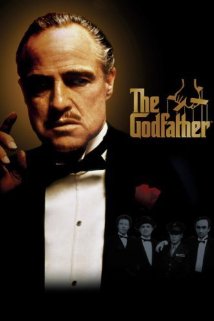
The Godfather Trilogy, spanning from 1972 to 1990 and directed by Francis Ford Coppola, stands as one of the greatest achievements in cinematic history. Based on Mario Puzo’s iconic novel, the saga delves into the captivating world of the Corleone crime family, led by the enigmatic patriarch, Don Vito Corleone (Marlon Brando), and later his son, Michael (Al Pacino). With a perfect blend of drama, violence, and moral dilemmas, the trilogy explores themes of power, loyalty, and the cost of ambition. The exceptional performances, compelling storytelling, and unforgettable dialogue have solidified The Godfather Trilogy’s status as an immortal masterpiece in film culture.
ALSO READ: 25 Must-Watch Dog Movies For Every Dog Lover
4) Psycho (1960)
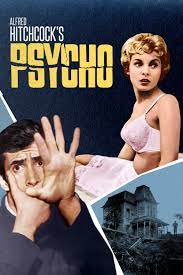
“Psycho,” directed by Alfred Hitchcock in 1960, is a landmark psychological horror-thriller that redefined the genre and left an indelible mark on cinema. The film follows Marion Crane (Janet Leigh), who checks into the eerie Bates Motel and encounters the enigmatic proprietor, Norman Bates (Anthony Perkins). As the mystery unravels, Hitchcock masterfully weaves a tale of suspense and terror, with a shocking twist that has become legendary. “Psycho” is celebrated for its innovative storytelling, iconic shower scene, and a chilling score by Bernard Herrmann. It continues to be hailed as a timeless classic and remains a thrilling and enduring cinematic experience.
5) To Kill a Mockingbird (1962)
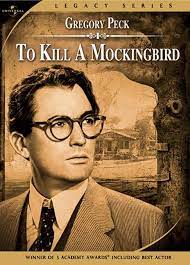
“To Kill a Mockingbird,” released in 1962 and directed by Robert Mulligan, is a cinematic gem that gracefully brings Harper Lee’s Pulitzer Prize-winning novel to life. Set in the racially divided American South during the 1930s, the film follows the innocent perspective of young Scout Finch (Mary Badham) as she observes her father, Atticus Finch (Gregory Peck), courageously defending a black man unjustly accused of a crime. Addressing profound themes of racial injustice, empathy, and moral integrity, the film leaves a lasting impact on viewers with its timeless messages of compassion and the importance of standing up for what is right. Gregory Peck’s iconic portrayal earned him an Academy Award for Best Actor, further solidifying the film’s place in cinematic history.
6) Schindler’s List (1993)
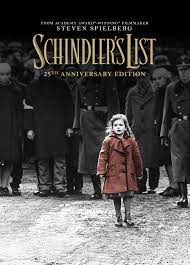
“Schindler’s List,” directed by Steven Spielberg in 1993, is a profoundly moving and haunting portrayal of one man’s extraordinary act of compassion amidst the horrors of the Holocaust. The film tells the true story of Oskar Schindler (Liam Neeson), a German businessman who risks everything to save over a thousand Jewish refugees from the concentration camps by employing them in his factories. With stark black-and-white cinematography, powerful performances, and a deeply affecting score by John Williams, the film offers a poignant exploration of humanity’s capacity for both cruelty and kindness. “Schindler’s List” stands as a powerful and timeless testament to the resilience of the human spirit.
7) Jurassic Park (1993)
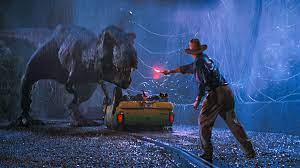
“Jurassic Park,” directed by Steven Spielberg in 1993, is a groundbreaking science-fiction adventure that took audiences on a thrilling journey back in time. Adapted from Michael Crichton’s best-selling novel, the film brings dinosaurs to life through groundbreaking special effects, leaving audiences in awe. When a group of scientists and visitors arrive at a remote island amusement park where dinosaurs have been cloned, chaos ensues as the prehistoric creatures break free. With a perfect blend of action, suspense, and awe-inspiring visuals, “Jurassic Park” remains a cinematic landmark, redefining the possibilities of visual effects and becoming a beloved classic that continues to captivate generations of moviegoers.
8) It’s a Wonderful Life (1946)
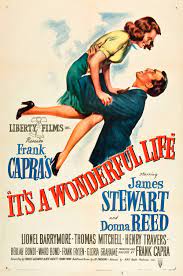
“It’s a Wonderful Life,” directed by Frank Capra in 1946, is a heartwarming and enduring holiday classic that has captured the hearts of audiences for generations. Starring James Stewart as George Bailey, the film follows his life in the fictional town of Bedford Falls, showcasing the struggles and sacrifices he makes to support his community. When faced with despair, George is visited by an angel named Clarence who shows him the impact he has had on others and the true value of his life. This timeless tale of hope, love, and the importance of each person’s contribution continues to resonate, making it a beloved holiday tradition for many.
9) Gone with the Wind (1939)
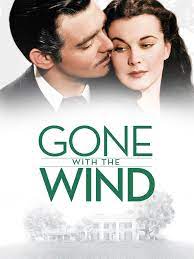
“Gone with the Wind” directed by Victor Fleming in 1939, is a cinematic epic that has left an indelible mark on film history. Adapted from Margaret Mitchell’s Pulitzer Prize-winning novel, the film is set against the backdrop of the American Civil War and Reconstruction era. Centered around the headstrong Southern belle, Scarlett O’Hara (Vivien Leigh), and her turbulent love affair with Rhett Butler (Clark Gable), the film weaves a captivating tale of passion, resilience, and societal change. With its grand scale, remarkable performances, and iconic moments, “Gone with the Wind” remains a cinematic triumph, enchanting audiences for generations and earning a place as one of the greatest films ever made.
10) E.T. the Extra-Terrestrial (1982)
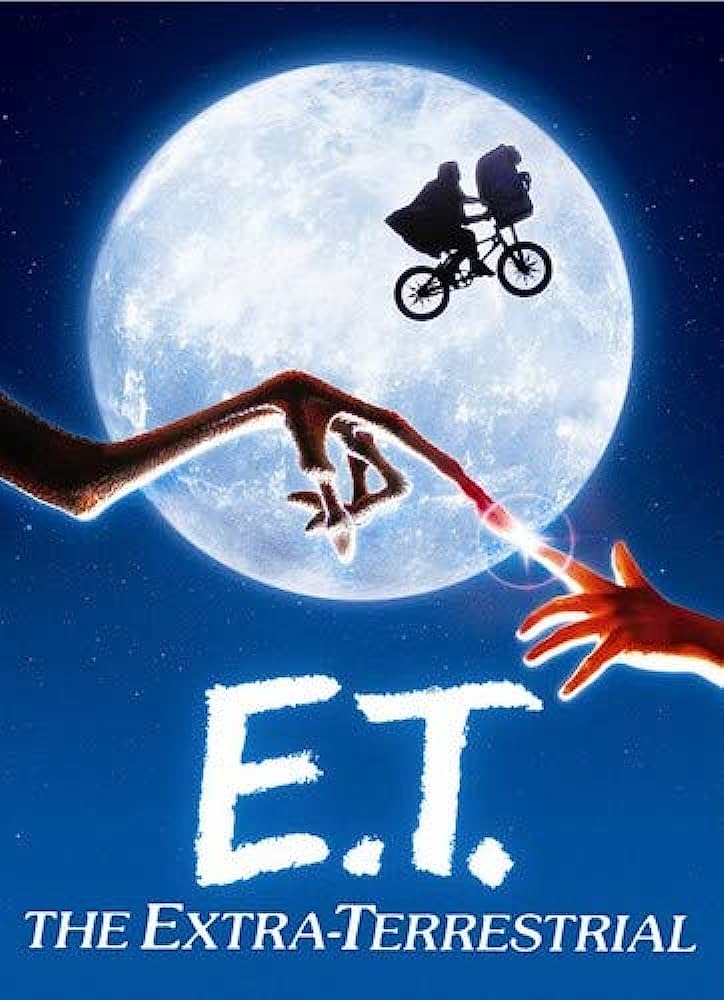
“E.T. the Extra-Terrestrial,” directed by Steven Spielberg in 1982, is a heartwarming and enchanting science-fiction film that has touched the hearts of audiences worldwide. The film follows the endearing friendship between a young boy named Elliott (Henry Thomas) and a gentle alien stranded on Earth. With its endearing portrayal of the bond between the two characters, the film beautifully captures themes of friendship, family, and the wonder of childhood imagination. “E.T. the Extra-Terrestrial” is a cinematic masterpiece that continues to captivate audiences of all ages, solidifying its place as one of the most beloved and iconic films in cinema history.
11) Pulp Fiction (1994)
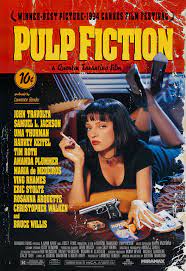
“Pulp Fiction,” directed by Quentin Tarantino in 1994, is a groundbreaking and genre-defying crime drama that has become a cult classic. The film weaves multiple interconnected stories involving hitmen, a boxer, a mob boss’s wife, and other eccentric characters, all entangled in a non-linear narrative. With its sharp dialogue, memorable performances from an ensemble cast including John Travolta, Samuel L. Jackson, and Uma Thurman, and its eclectic soundtrack, “Pulp Fiction” revitalized independent cinema and earned critical acclaim. Tarantino’s unique storytelling style, dark humor, and stylish direction cemented the film’s legacy as an influential and highly quotable masterpiece in modern cinema.
12) The Silence of the Lambs (1991)
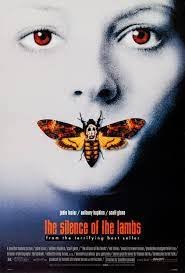
“The Silence of the Lambs,” directed by Jonathan Demme in 1991, is a psychological thriller that leaves audiences on the edge of their seats. Based on Thomas Harris’s novel, the film follows FBI trainee Clarice Starling (Jodie Foster) as she seeks the help of incarcerated psychiatrist and serial killer, Dr. Hannibal Lecter (Anthony Hopkins), to catch another dangerous serial killer, Buffalo Bill. Hopkins delivers an unforgettable and chilling performance as Lecter, earning him an Academy Award for Best Actor. With its intense suspense, masterful storytelling, and memorable characters, “The Silence of the Lambs” remains a classic and one of the most influential films in the thriller genre.
13) The Wizard of Oz (1939)
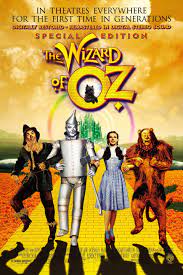
“The Wizard of Oz,” directed by Victor Fleming in 1939, is an enchanting and enduring fantasy musical that has captured the imaginations of audiences for decades. Based on L. Frank Baum’s beloved children’s book, the film follows Dorothy Gale (Judy Garland) as she is whisked away to the magical land of Oz by a tornado. Accompanied by iconic characters such as the Scarecrow, Tin Man, and Cowardly Lion, Dorothy embarks on a quest to meet the Wizard and find her way back home. With its vibrant visuals, timeless songs, and messages of courage and friendship, “The Wizard of Oz” remains a beloved and cherished classic for all ages.
14) A Clockwork Orange (1971)
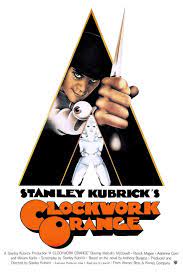
“A Clockwork Orange,” directed by Stanley Kubrick in 1971, is a thought-provoking and controversial masterpiece. Based on Anthony Burgess’s dystopian novel, the film explores a disturbing vision of a near-future society where a violent and rebellious young man, Alex DeLarge (Malcolm McDowell), undergoes a psychological conditioning experiment to cure his criminal tendencies. Kubrick’s visually striking and audacious direction, coupled with McDowell’s iconic portrayal of Alex, challenges viewers with its complex themes of free will, morality, and the darker aspects of humanity. “A Clockwork Orange” continues to be a significant and influential work of art that sparks discussions on the nature of good and evil in society.
15) Casablanca (1942)
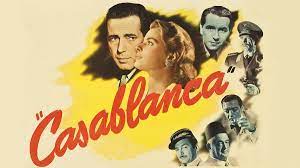
“Casablanca,” directed by Michael Curtiz in 1942, is an enduring and timeless romantic drama set against the backdrop of World War II. Starring Humphrey Bogart and Ingrid Bergman, the film revolves around Rick Blaine, a cynical nightclub owner, and Ilsa Lund, his former lover who reenters his life with her resistance leader husband. As they navigate love, sacrifice, and political intrigue in the Moroccan city of Casablanca, the film delivers iconic lines, unforgettable performances, and a hauntingly beautiful score. “Casablanca” has earned its place as a cinematic masterpiece, beloved for its emotional depth, themes of selflessness, and indelible impact on popular culture.
16) Titanic (1997)
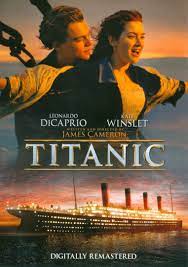
Directed by James Cameron in 1997, “Titanic” is an epic romantic drama based on the tragic sinking of the RMS Titanic. Starring Leonardo DiCaprio and Kate Winslet as Jack and Rose, the film follows their ill-fated love story aboard the iconic ship’s maiden voyage. With stunning visual effects and meticulous attention to historical detail, “Titanic” captures the opulence of the Titanic’s setting while depicting the harrowing events that led to its demise. The film’s grand scale, touching performances, and the haunting theme song “My Heart Will Go On” by Celine Dion have made “Titanic” one of the highest-grossing and most beloved films in cinematic history.
17) Pride and Prejudice (2005)
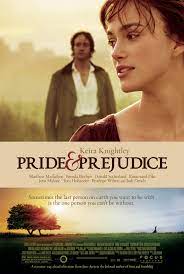
“Pride and Prejudice,” directed by Joe Wright in 2005, is a captivating adaptation of Jane Austen’s beloved novel. Set in 19th-century England, the film revolves around the spirited and independent Elizabeth Bennet (Keira Knightley) and her tumultuous relationship with the enigmatic Mr. Darcy (Matthew Macfadyen). With its stunning cinematography, exquisite costumes, and stellar ensemble cast, including Donald Sutherland and Judi Dench, the film beautifully brings Austen’s timeless tale of love, societal norms, and personal growth to the screen. This movie remains a classic period drama, adored by audiences for its endearing characters and timeless themes of romance and social commentary. Hence “Pride and Prejudice” is one of the best romantic movies to watch in your lifetime.
18) Lawrence of Arabia (1962)
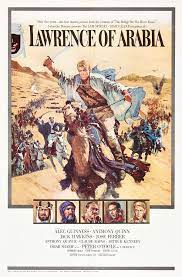
“Lawrence of Arabia,” directed by David Lean in 1962, is an epic historical drama that stands as one of cinema’s greatest achievements. The film chronicles the remarkable life of T.E. Lawrence (Peter O’Toole), a British officer who played a pivotal role in the Arab Revolt against the Ottoman Empire during World War I. With breathtaking cinematography, vast desert landscapes, and O’Toole’s captivating performance, “Lawrence of Arabia” immerses audiences in a sweeping tale of adventure, politics, and personal transformation. The film’s scale, storytelling, and technical brilliance have earned it widespread acclaim, multiple Academy Awards, and a lasting legacy as a true masterpiece of filmmaking.
19) The Terminator (1984)
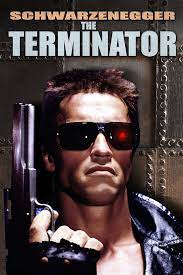
“The Terminator,” directed by James Cameron in 1984, is a sci-fi action classic that redefined the genre and launched a successful franchise. Starring Arnold Schwarzenegger as the relentless cyborg assassin sent from the future to kill Sarah Connor (Linda Hamilton), the film follows a gripping battle between man and machine. With its innovative special effects, intense action sequences, and iconic catchphrases, “The Terminator” became a cultural phenomenon and solidified Schwarzenegger’s status as an action superstar. Cameron’s skillful direction and the film’s gripping storyline exploring themes of fate and humanity’s dependence on technology have ensured its enduring popularity and influence on science fiction cinema.
20) Breakfast at Tiffany’s (1961)
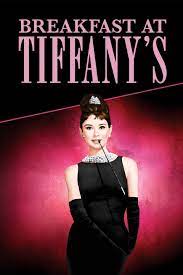
“Breakfast at Tiffany’s,” directed by Blake Edwards in 1961, is a timeless romantic comedy that has charmed audiences for generations. Based on Truman Capote’s novella, the film stars Audrey Hepburn in an iconic role as the free-spirited and eccentric Holly Golightly. Set in New York City, the movie follows Holly’s adventures and her unlikely friendship with her struggling writer neighbor, Paul Varjak (George Peppard). Hepburn’s unforgettable performance, Henry Mancini’s enchanting score, and the film’s stylish portrayal of 1960s New York contribute to its enduring appeal. “Breakfast at Tiffany’s” remains a classic, celebrated for its charm, wit, and exploration of love and identity.
21) The English Patient (1996)
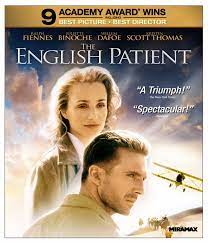
“The English Patient,” directed by Anthony Minghella in 1996, is an epic romantic drama based on Michael Ondaatje’s novel. Set against the backdrop of World War II, the film follows the complex and passionate relationships between four individuals in a war-torn Italian villa. Ralph Fiennes delivers a captivating performance as the enigmatic “English Patient,” a severely burned and amnesiac man cared for by a nurse, Hana (Juliette Binoche). As the patient’s past is unveiled, the film weaves together themes of love, loyalty, and the devastating impact of war. “The English Patient” earned critical acclaim and nine Academy Awards, including Best Picture, solidifying its place as a poignant and unforgettable cinematic masterpiece.
22) Wuthering Heights (1939)
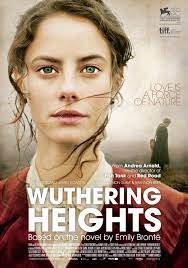
“Wuthering Heights,” directed by William Wyler in 1939, is a timeless and haunting adaptation of Emily Brontë’s classic novel. The film depicts the tempestuous love story between Heathcliff (Laurence Olivier) and Catherine Earnshaw (Merle Oberon), set amidst the wild and desolate moors of England. With its breathtaking cinematography and powerful performances, the movie beautifully captures the novel’s gothic atmosphere and themes of love, revenge, and passion. Laurence Olivier’s portrayal of the brooding and tortured Heathcliff remains one of his most iconic roles. “Wuthering Heights” endures as a poignant and atmospheric masterpiece that brings Brontë’s immortal tale to life on the silver screen.
23) Die Hard (1988)
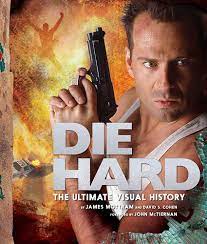
“Die Hard,” directed by John McTiernan in 1988, is a quintessential action film that has become a genre-defining classic. Starring Bruce Willis as NYPD detective John McClane, the movie takes place during a Christmas Eve party at a Los Angeles skyscraper when terrorists led by Hans Gruber (Alan Rickman) take hostages. McClane, the lone hero, must outwit the well-organized villains, navigating through intense and explosive encounters. With its relentless pace, witty one-liners, and Willis’s charismatic performance, “Die Hard” revolutionized the action genre and established a new standard for high-octane thrillers. Its enduring popularity has made it a beloved holiday favorite and a perennial action film favorite.
24) Forrest Gump (1994)
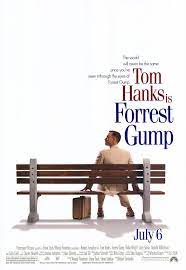
“Forrest Gump,” directed by Robert Zemeckis in 1994, is a heartwarming and critically acclaimed film that resonates with audiences worldwide. Tom Hanks stars as Forrest Gump, a slow-witted yet endearing man whose life journey intersects with several pivotal moments in American history. Through his simple and honest perspective, the film weaves a touching tale of love, friendship, and resilience. With memorable quotes, a powerful soundtrack, and outstanding performances, “Forrest Gump” received widespread acclaim and won six Academy Awards, including Best Picture. Its enduring appeal lies in its ability to evoke laughter, tears, and a sense of hope, making it a true cinematic gem.
25) Ben-Hur (1959)
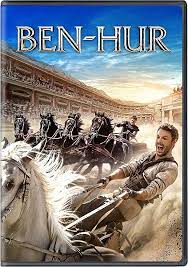
“Ben-Hur,” directed by William Wyler in 1959, is a grand epic that remains a timeless classic in cinematic history. Starring Charlton Heston as Judah Ben-Hur, the film follows his journey from a wealthy Jewish prince to a wrongfully enslaved galley slave seeking vengeance against his childhood friend, Messala (Stephen Boyd). Set in ancient Rome, the film showcases spectacular chariot races, mesmerizing cinematography, and remarkable performances. “Ben-Hur” received a record-breaking eleven Academy Awards, including Best Picture, and its impact on filmmaking and storytelling continues to be felt to this day. With its epic scale and enduring themes of faith, forgiveness, and redemption, “Ben-Hur” remains a monumental achievement in cinema.
